The Summer Sun Special (From R8,450 pps/pn)
Summer at Grootbos resonates with bursting life and abundance.
The most southern tip of Africa is the converging point of two mighty oceans, the Indian and Atlantic ocean and one of the most biologically diverse regions in South Africa.
The area consists of a blend of lowland and coastal fynbos, Afromontane and milkwood forest and is recognised as a region of international conservation significance.
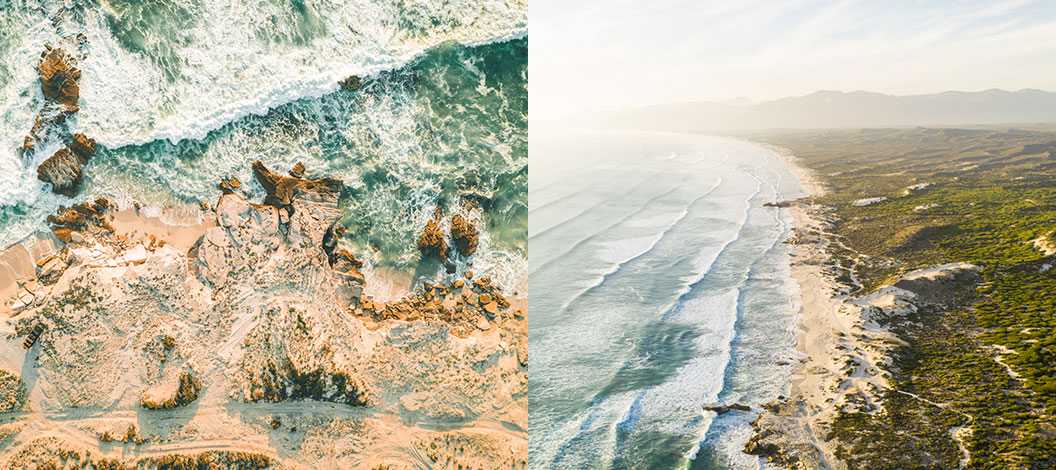
Home to a plethora of plants and animals, this remarkable corner of the world boasts an astonishing 2489 types of plants, 65 plus vertebrates, more than 300 bird species and an estimated 20 000 insect species and counting.
Tragically more than a third of the natural habitat in the Agulhas Plain has been cleared for agricultural and urban development.
On top of that invasive alien plant species, out-of-control wildfires and of the industry are major threats to the survival of this delicate ecosystem.
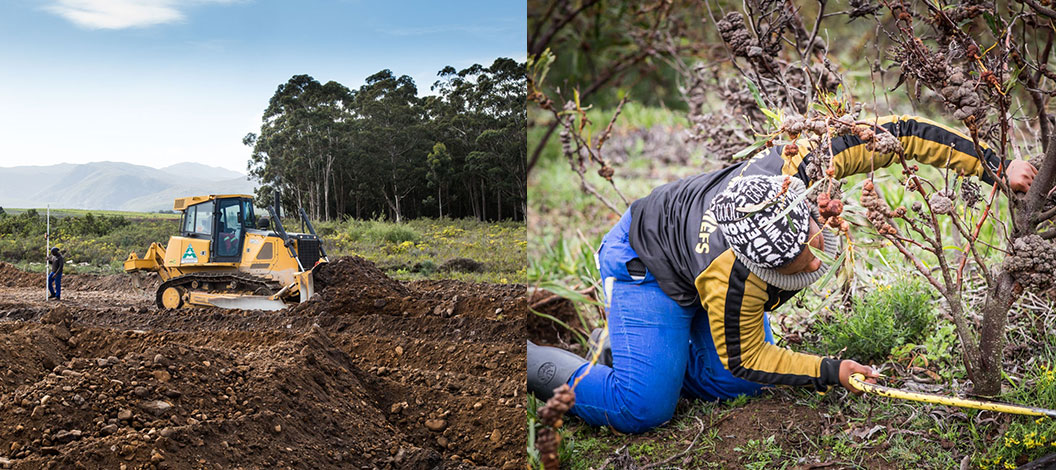
This has left several plant species such as Leucadendron Elimense and Erica interrupta on the SANBI endangered species list.
Habitat destruction has severely reduced wildlands required by both resident and migratory species of birds and insects.
Large forests and pristine fynbos areas have been broken down into smaller patches, a condition that is called fragmentation.
In the long term ecosystems collapse due to fragmentation, causing rare, endemic plant species to disappear, and animal populations to break up because of a lack of palatable vegetation and safe zones to move through.
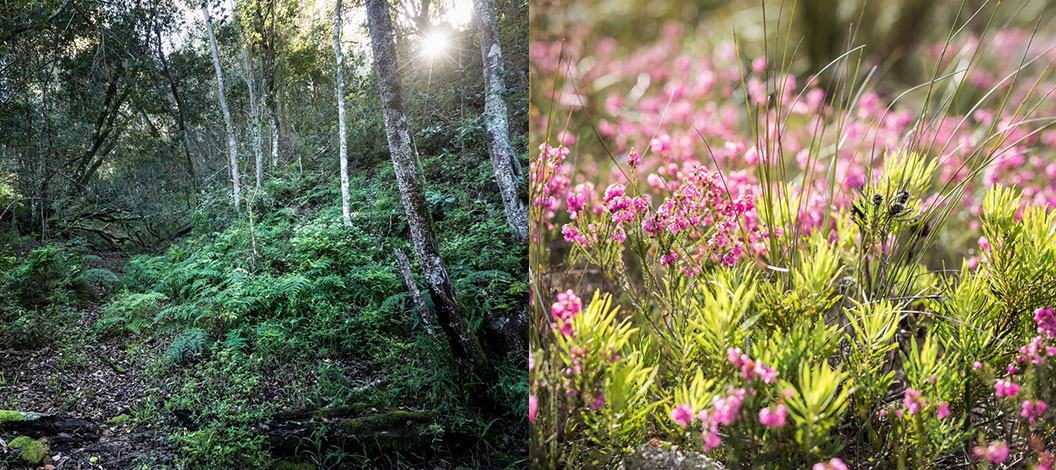
Fragmented patches of pristine wild environments put pressure on the wildlife to survive.
With absolutely no connection to any other forest or fynbos areas between developed land, they are forced to move out into adjoining areas, very often where people live, this can lead to conflict.
Linking up these isolated patches of wildland creates green corridors. These corridors are like bridges, their ability to connect places makes them invaluable to plant species that require pollination from insects and small vertebrates, while larger animals such as Cape mountain leopard, caracal and Cape Honey Badger needs larger areas to survive in healthy numbers.
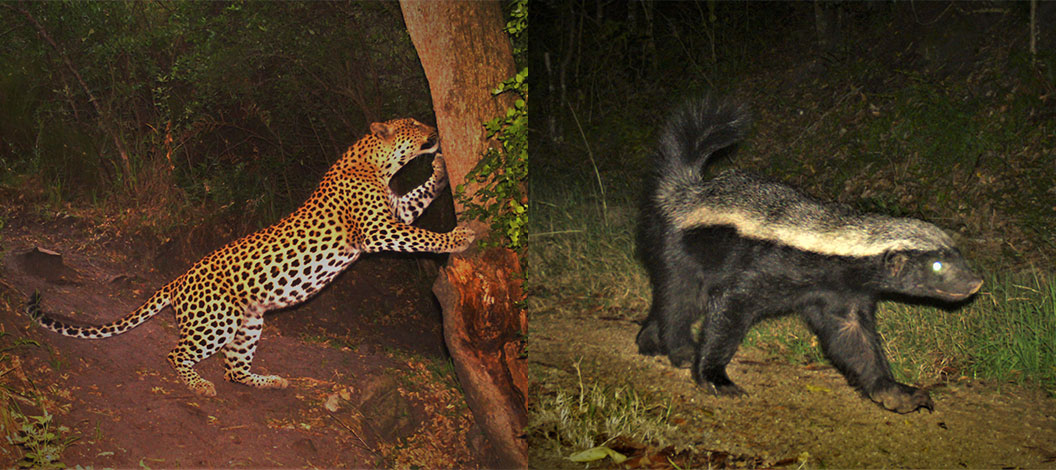
Over the last two decades, the Grootbos Foundation conservation team has been a catalyst for the conservation of the Agulhas Plain.
Through hard work, passion and dedication, great efforts have been made to strengthen the conservation network within this region.
Working in partnership with the Walker Bay Fynbos Conservancy, Nuwejaars Wetland SMA (Special Management Area), as well as the Agulhas National Park and the Agulhas Biodiversity Institute (ABI), has been put in action that aims to link isolated pockets of conservation areas.
Through this project, relationships with private landowners are improving through a variety of positive interactions in order to establish a recognised, functional and viable conservation corridor for the benefit of nature and the surrounding communities.
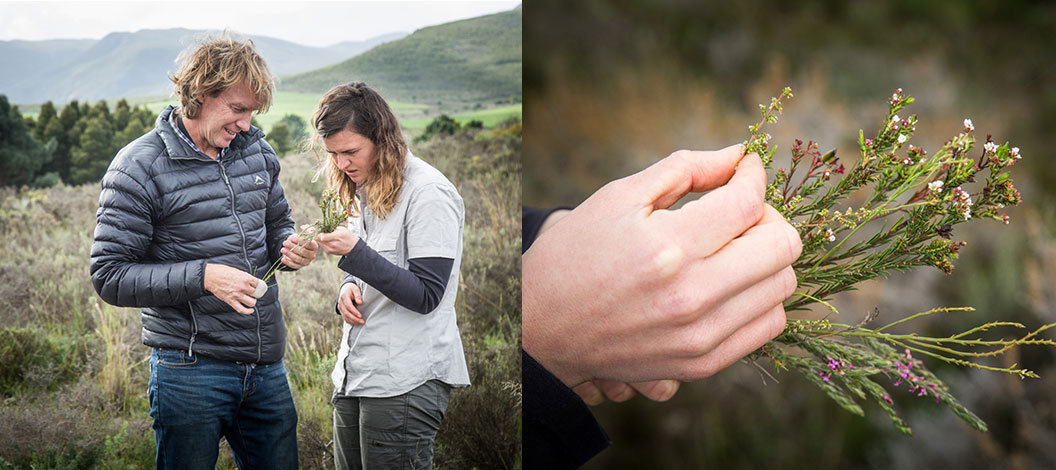
Grootbos Private Nature Reserve pairs five-star accommodation with the splendours of the Cape Floral Kingdom and the southern tip of Africa’s incredible marine life. Two luxury lodges with breathtaking views of Walker Bay have amenities that include world-class fine-dining restaurants, a wellness ...
View ProfileXplorio is your local connection allowing you to find anything and everything about a town.
Read MoreSummer at Grootbos resonates with bursting life and abundance.
We believe in crafting unique experiences that linger long after the last glass has been poured.
Team South Africa has won Gold at the RHS Chelsea Flower Show for the second year running.
Watch our short film and be inspired by the rich history that shaped our past.
Summer at Grootbos resonates with bursting life and abundance.
This global recognition reflects the unforgettable experiences we create with you, our greater Grootbos family.
